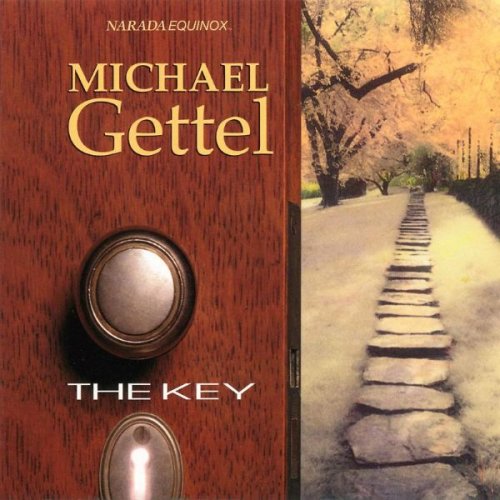Game - Game (Remastered) (1969/2007)
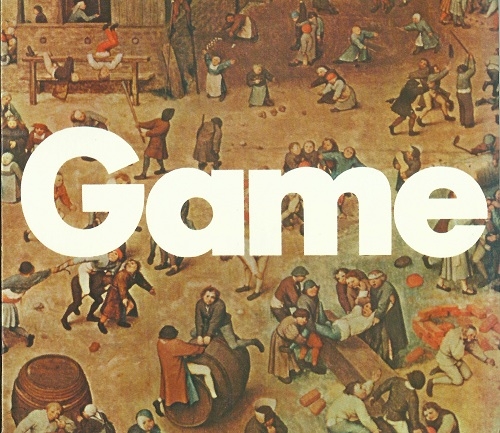
Artist: Game
Title: Game
Year Of Release: 1969/2007
Label: Second Harvest
Genre: Rock, Psychedelic Rock
Quality: Flac (image, .cue, log)
Total Time: 38:15
Total Size: 265 Mb (scans)
WebSite: Album Preview
Title: Game
Year Of Release: 1969/2007
Label: Second Harvest
Genre: Rock, Psychedelic Rock
Quality: Flac (image, .cue, log)
Total Time: 38:15
Total Size: 265 Mb (scans)
WebSite: Album Preview
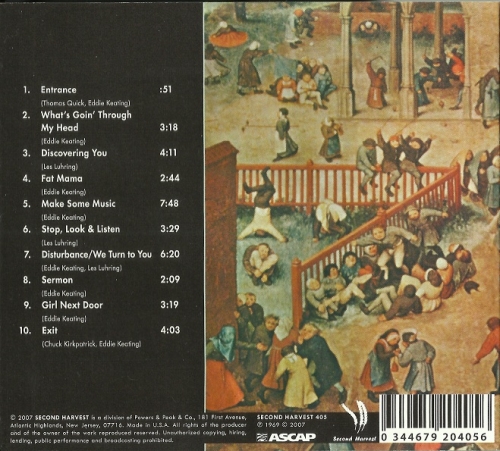
Tracklist:
1. Entrance (Eddie Keating, Tom Quick) - 0:51
2. What's Goin' Through My Head - 3:18
3. Discovering You (Les Luhring) - 4:11
4. Fat Mama - 2:44
5. Make Some Music - 7:49
6. Stop Look And Listen (Les Luhring) - 3:30
7. Disturbance-We Turn To You (Eddie Keating, Les Luhring) - 6:20
8. Sermon - 2:09
9. Girl Next Door - 3:19
10. Exit (Chuck Kirkpatrick, Eddie Keating) - 4:03
Eddie Keating - Vocals, Guitar, Bass
Chuck Kirkpatrick - Vocals, Guitar, Bass
Scott Kirkpatrick - Drums
Les Lurhing - Keyboards
George Terry - Vocals, Guitar, Bass
Singers/guitarists Eddie Keating and Chuck Kirkpatrick, drummer Scott Kirkpatrick, keyboard player Les Luhring and singer/bassist George Terry had all been members of the Southern Florida based Proctor Amusement Company. The band had become quite popular throughout the region, even recording a couple of singles and an unreleased LP for the New York based Faithful Virtue label before calling it quits. While Proctor Amusement Company had come to an end, by 1969 the five were playing Southern Florida clubs as Game.
Released by Faithful-Virtue, 1969's "Game" is an interesting debut. Co-produced by manager/mentor Steve Goldberg and Chuck Kirkpatrick, musically the set's all over the place, including stabs at conventional pop, progressive ('Entrance'), rock ('Fat Mama') and even showing off some jazzy interludes (check out side two's 'Disturbance/We Turn To You'). Normally such a diverse album wouldn't make all that much of an impression with me, but this is one of those exceptions. While most bands have a hard time finding one good singer, Game wasn't hurt by having three in the form of Keating, Chuck Kirkpatrick and Terry. The fact that Keating and Luhring wrote some nifty melodies and were capable of turning in ear candy harmony vocals didn't hurt the end results either (check out Luhring's 'Discovering You'). To be honest, material such as 'Make Some Music' and 'Stop, Look & Listen' sounds a couple of years ahead of it's time.
In 1970 the band relocated to Southern California. Original drummer Scott Kirkpatrick dropped out before the move, replaced by Dave Robinson. Over the next two years the band recorded a considerable amount of material, but found no takers. Forced to start playing local clubs when their long time financial benefactor threatened to cut off support, Robinson and Terry called it quits, returning to Florida. Terry subsequently hit the big time as a member of Eric Clapton's band. Enduring a series of personnel changes, the band continued to play through 1978. Chuck Kirkpatrick recorded an instantly obscure solo album for Capitol before returning to Miami where he spent some time recording and touring with Firefall, eventually starting his own business.
Released by Faithful-Virtue, 1969's "Game" is an interesting debut. Co-produced by manager/mentor Steve Goldberg and Chuck Kirkpatrick, musically the set's all over the place, including stabs at conventional pop, progressive ('Entrance'), rock ('Fat Mama') and even showing off some jazzy interludes (check out side two's 'Disturbance/We Turn To You'). Normally such a diverse album wouldn't make all that much of an impression with me, but this is one of those exceptions. While most bands have a hard time finding one good singer, Game wasn't hurt by having three in the form of Keating, Chuck Kirkpatrick and Terry. The fact that Keating and Luhring wrote some nifty melodies and were capable of turning in ear candy harmony vocals didn't hurt the end results either (check out Luhring's 'Discovering You'). To be honest, material such as 'Make Some Music' and 'Stop, Look & Listen' sounds a couple of years ahead of it's time.
In 1970 the band relocated to Southern California. Original drummer Scott Kirkpatrick dropped out before the move, replaced by Dave Robinson. Over the next two years the band recorded a considerable amount of material, but found no takers. Forced to start playing local clubs when their long time financial benefactor threatened to cut off support, Robinson and Terry called it quits, returning to Florida. Terry subsequently hit the big time as a member of Eric Clapton's band. Enduring a series of personnel changes, the band continued to play through 1978. Chuck Kirkpatrick recorded an instantly obscure solo album for Capitol before returning to Miami where he spent some time recording and touring with Firefall, eventually starting his own business.

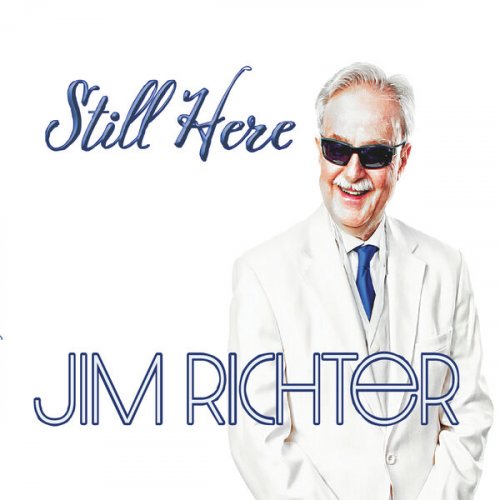


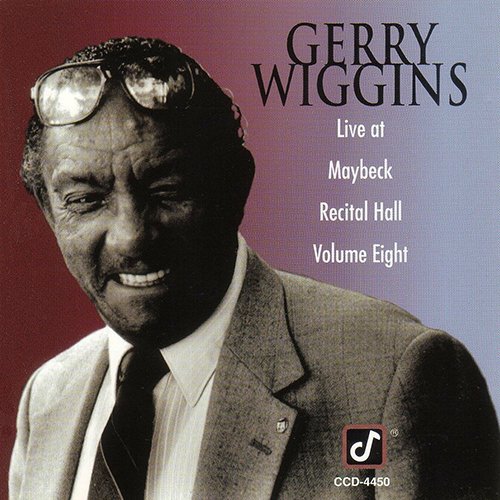
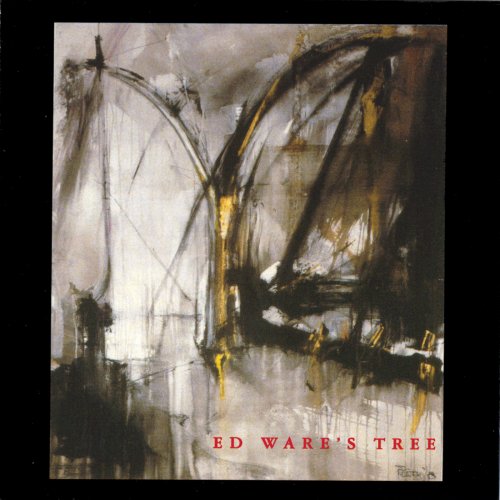
![Frank Sinatra - Christmas (Remastered) (2013) [Hi-Res] Frank Sinatra - Christmas (Remastered) (2013) [Hi-Res]](https://www.dibpic.com/uploads/posts/2025-12/1765618088_fsc500.jpg)
